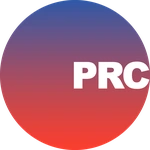‘Documenting the In-between’ is about re-adjusting perspectives. It is about taking attention away from buildings as objects, instead observing and documenting the residual spaces that form the scenography of everyday life. By exploring alternative approaches to placemaking through the lens of the camera, we can shift attention onto how people inhabit the found spaces left over from speculative real estate development.
Over the past thirty years, Zurich-West has transformed from an industrial stronghold to a post-industrial and service-oriented metropolis. Many brownfield sites, considered ‘terrains vagues’ due to their absence of limits and beyond the regulated city’s forces of control, gave way to a gig-economy growth that shaped a new ‘trendquartier’ – curated, commodified, homogenised and gentrified. At the heart of this neighbourhood is the Hardturm Viaduct; a suspended railway line that cuts through the district and whose physical presence is a memento of twentieth century modernist city-planning. How might this concrete edge be transformed into a porous membrane facilitating the exchange between different social groups, subcultures and activities?
There is no denying that the area is rife with creative activity, innovation and science, and the unique nature of the spaces formed around the structure are perfect breeding grounds for new and exciting public life. The distinct bustle of activity under and around the suspended viaduct cuts through, although the sensation currently is not one of neighbourhood identity, but one of transition and temporality. ‘Documenting the In-between’ provides an account of this condition – can these tools help us comprehend how people in this space might create new narratives for public use? By highlighting the interactions between human behaviour, machine and nature, this methodology can help to better understand the tensions present in this district.
This project hopes to show how designers can broaden their palette of tools to achieve more diverse perspectives for mapping and understanding neighbourhoods, their inhabitants and their cultures. Making this film was about learning through observation; the process of framing space is a tool for understanding and identifying the various alternative narratives present in public life, which makes urban areas rich and diverse. By incorporating ethnographic approaches in our practice that forms bridges across several disciplines, we can begin to valorise the existing behaviours, habits and tendencies of people who populate and interact with these spaces. This hopes to achieve a more informed and sensitive approach to shaping districts such as Zurich-West, that risk becoming homogenous monocultures at the hands of uncontrolled development.
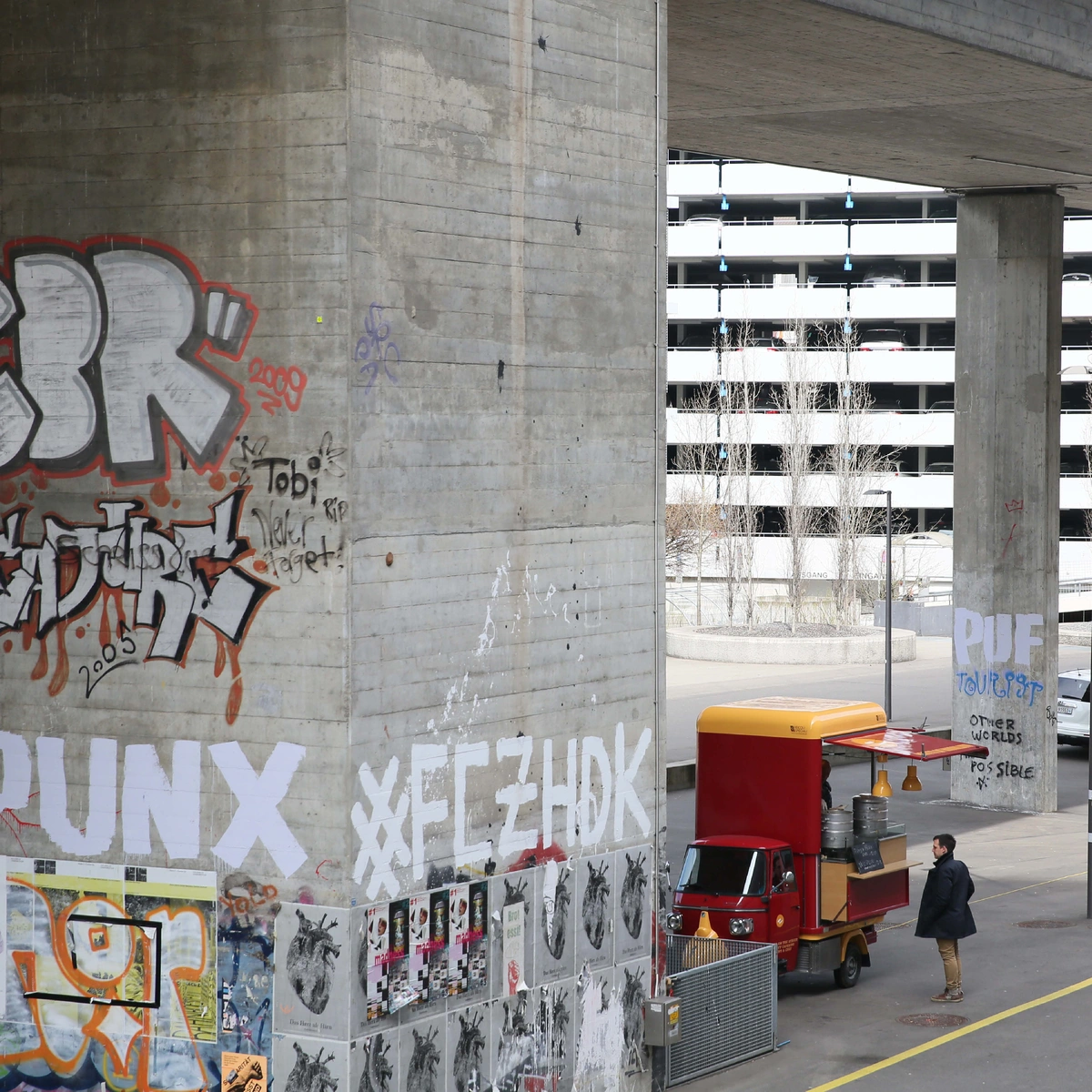
A place for Consumption
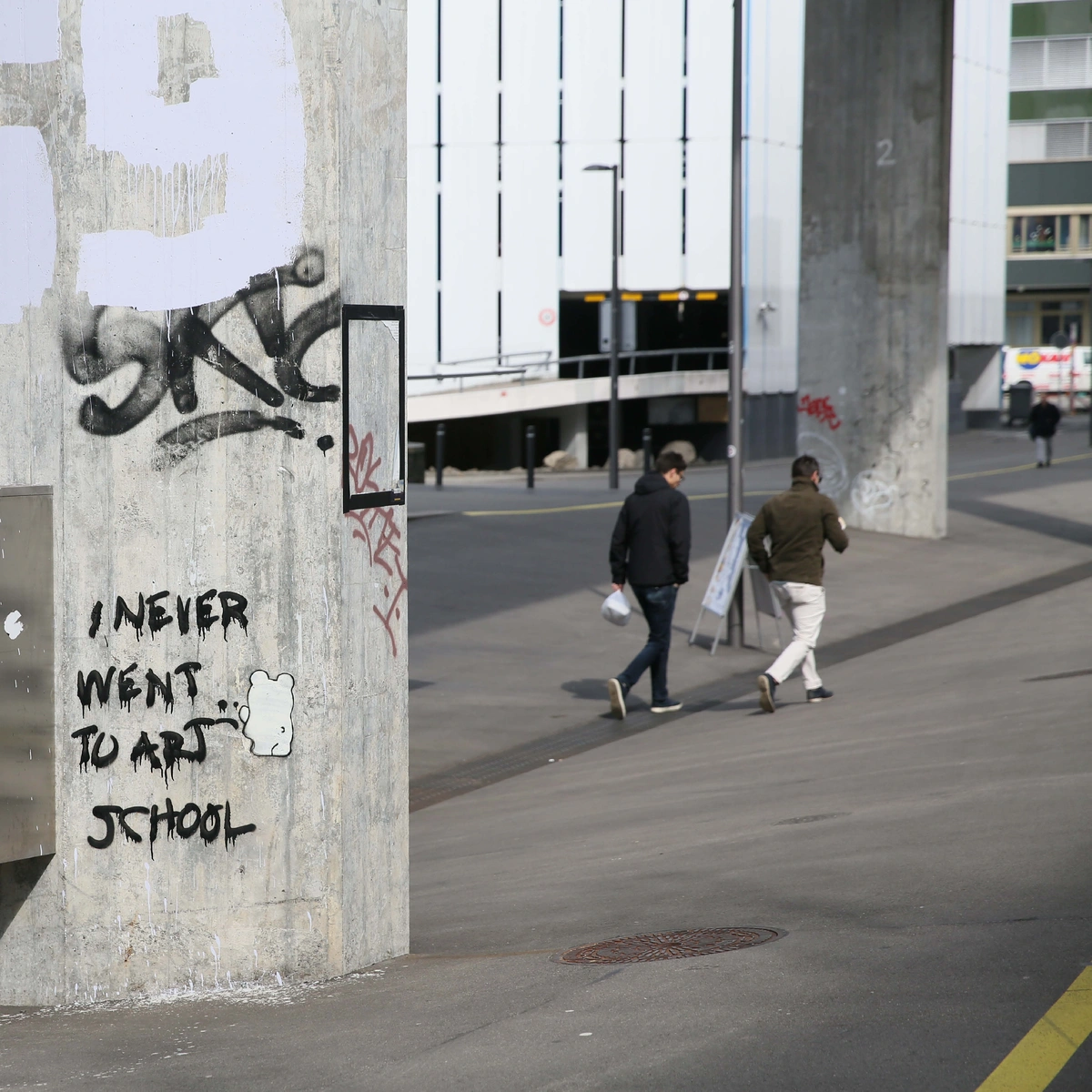
A place of Transience
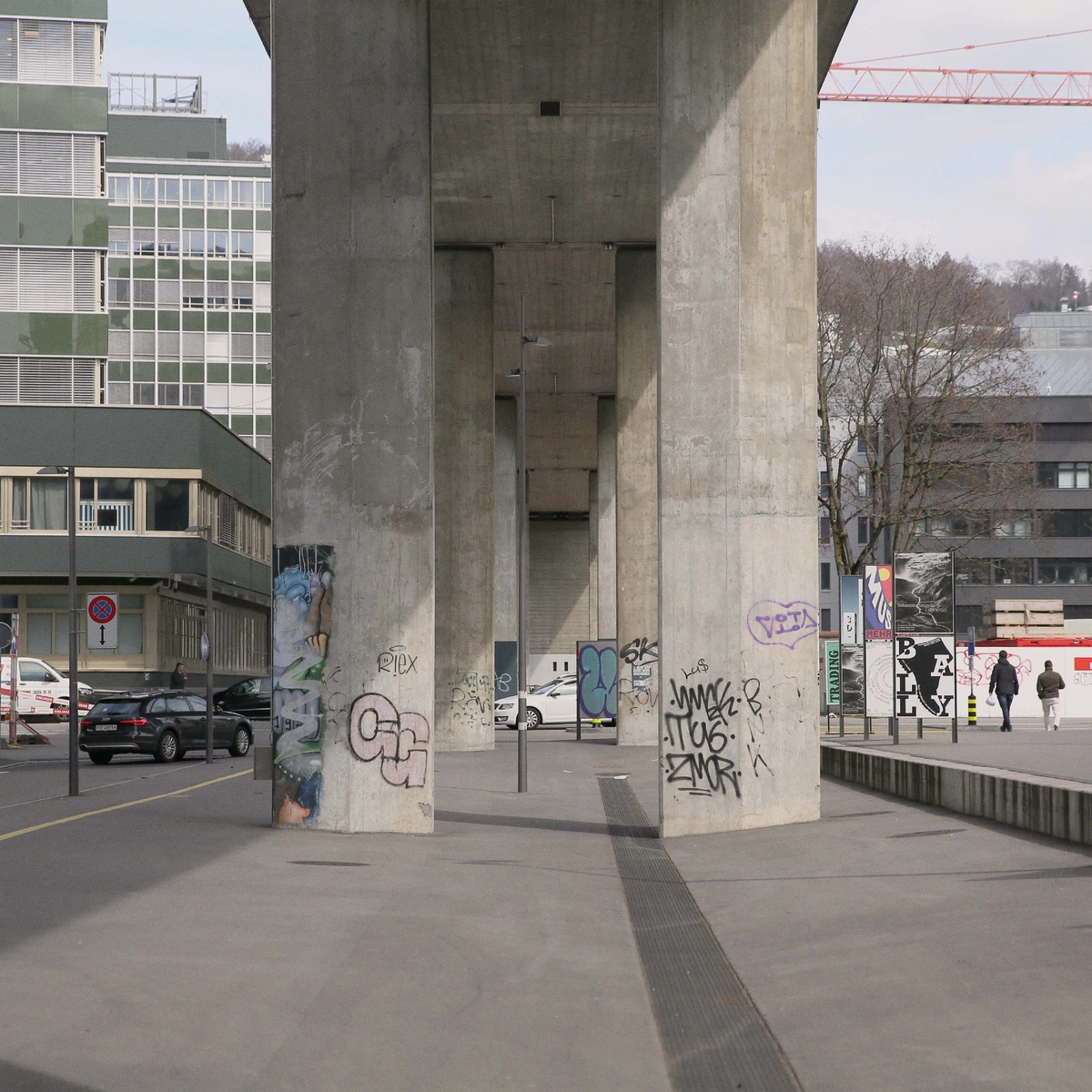
A place of Stillness
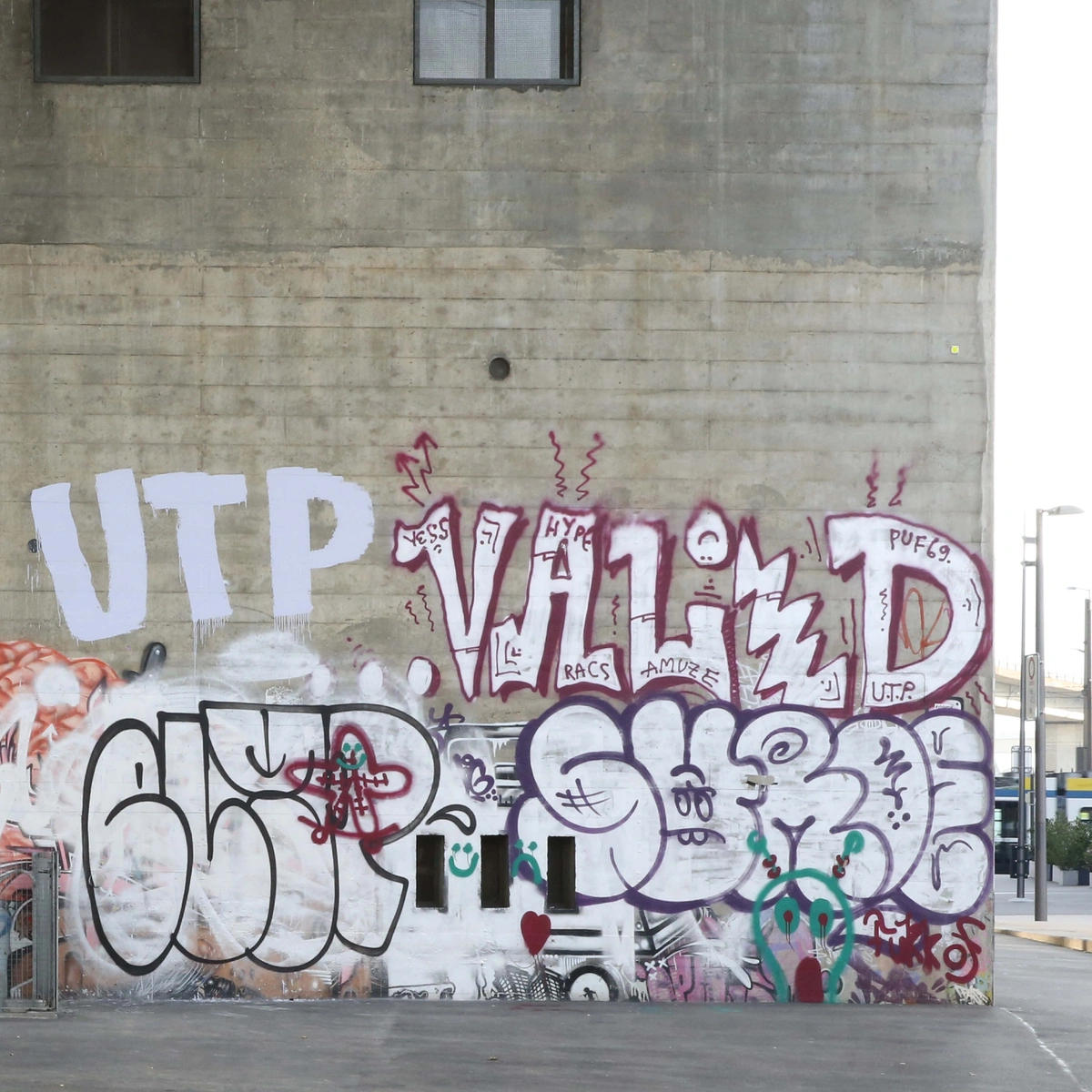
A place of Traces
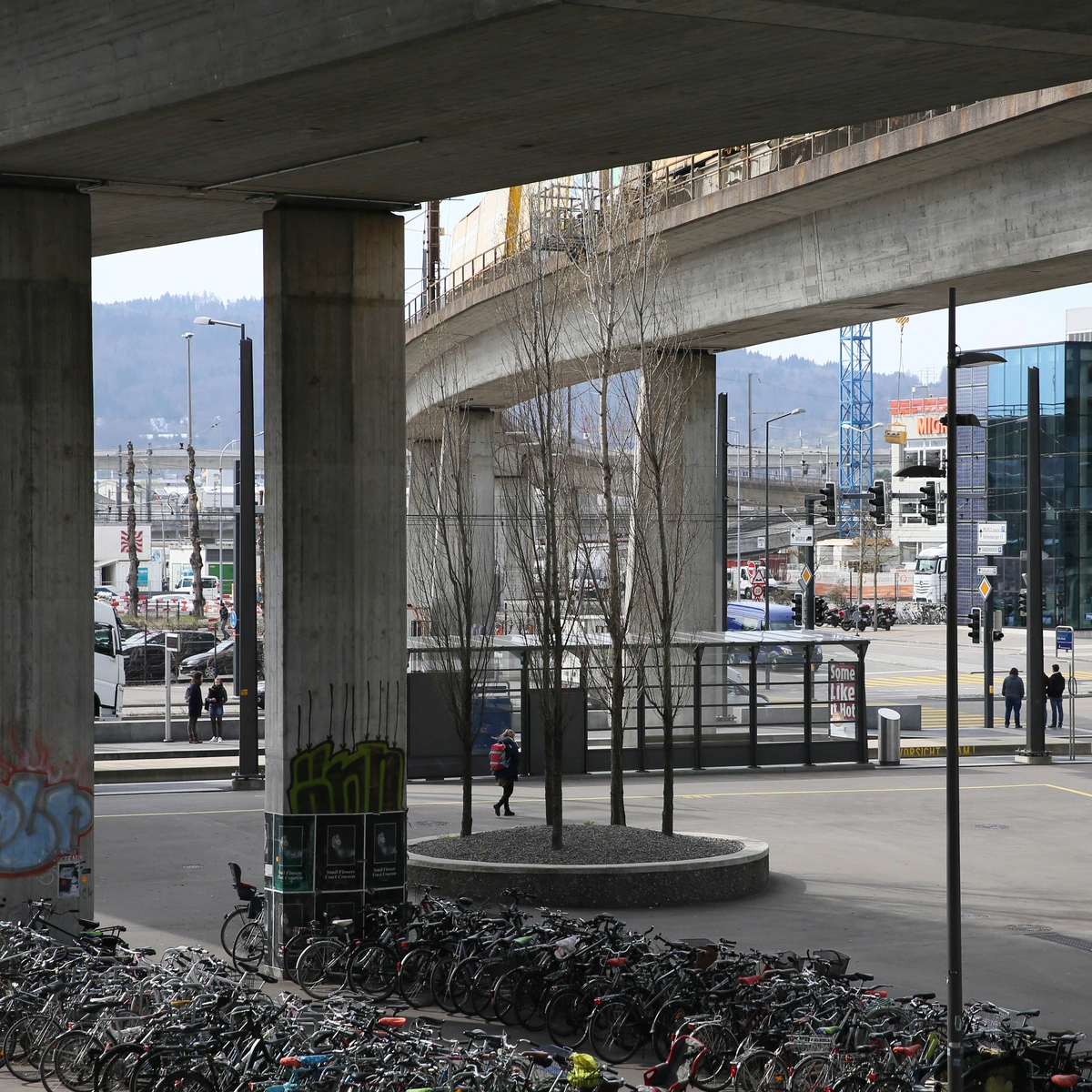
A place of Connection
Panta Rhei Collaborative is a pan-European spatial agency founded in 2020 and currently based in Berlin, London and Zurich. The group emerged from the common desire to investigate the role of spatial practitioners in their contemporary ecological and social responsibilities. In proposing work methodologies as a model of internal and external collaboration, PRC locates spatial practice at the intersection of several creative disciplines. The aphorism Panta Rhei translates to ‘everything flows’. This transience and state of constant change accurately describes the current social, political and cultural flux in which we find ourselves.
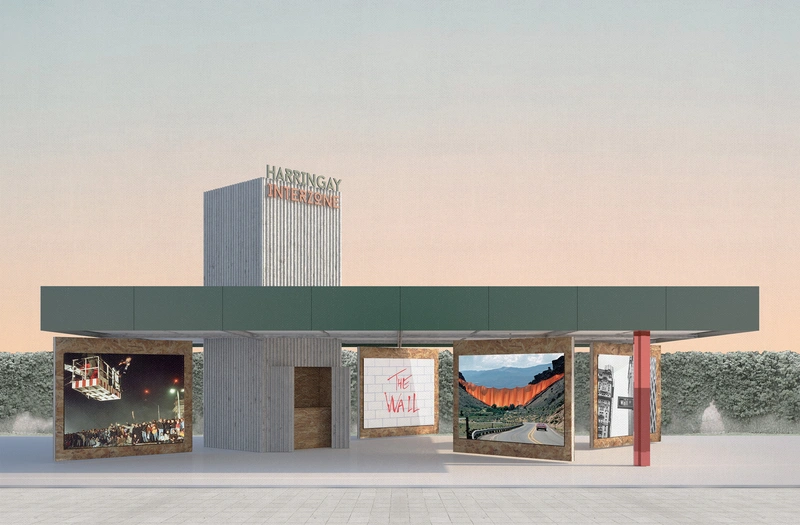
Proposal for a multi-functional and adaptable community pavilion for the Warehouse community of Harringay in London
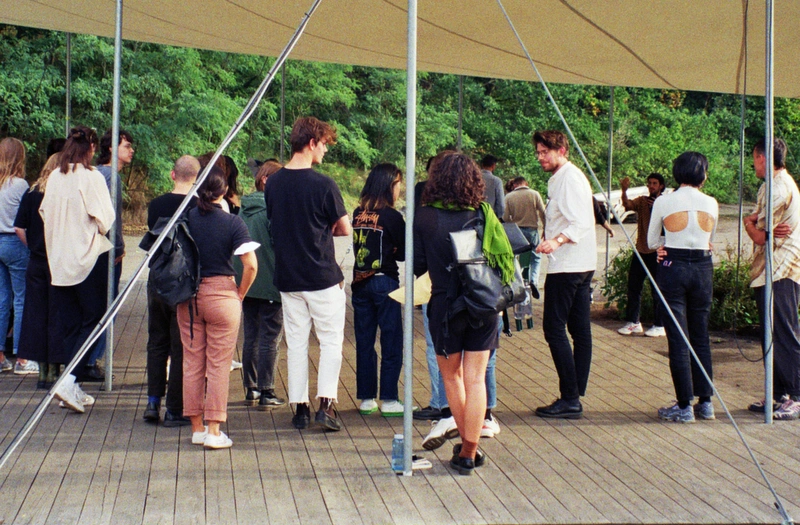
Discussion day at our workshop 'The City as a University' as part of the Free Radicals programme hosted at Floating University in Berlin.
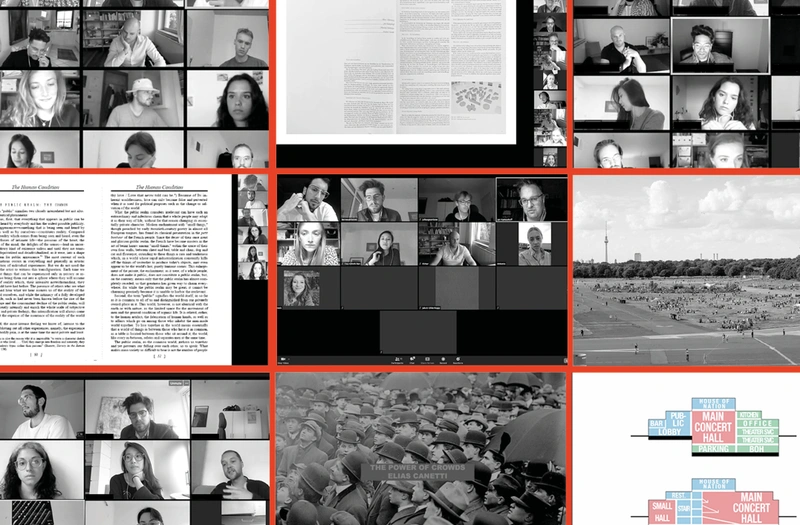
A virtual discussion group set up during the pandemic, inviting young and emerging practitioners to talk about alternative topics relating to spatial practice today.
